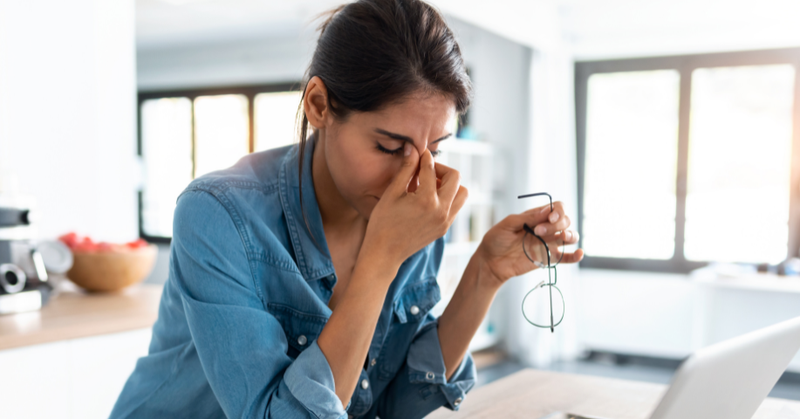
As healthcare professionals, it's important to take care of yourself and manage your physical and mental health. Eating healthily, exercising, trusting yourself, communicating with friends and getting plenty of rest are essential ways to manage stress.
In these unprecedented times, the spread of COVID-19 has put a strain on healthcare systems around the world.
While some of you will have seen a crisis like this before, while others have worked through one. However, not everyone has the experience and the knowledge to deal with the stress a pandemic can cause.
We wanted to support you by providing five coping strategies you can use to deal with stress in a healthy way.
1. Rest between shifts
It’s hugely important to rest as much as you can between shifts. Sleep is a biological need, like eating and drinking. Getting respite can help you reset and provide physical refreshment.
Inadequate sleep has been shown to lead to declining neurological functioning and performance, increasing the rate of injury and poor health behaviours.
Take advantage of time-saving practices like using Uber Eats occasionally to save time on cooking. You can also try to wind down before bedtime with mindfulness podcasts.
2. Stay in contact with family and friends
It can be hard to get the right amount of sleep when juggling home life as well. During this tough time, you can also rely on family and friends.
They will help you juggle work and home. For example, a family member might be able to look after your child, while a friend could prepare some food you can put in the freezer.
 Contacting them after a stressful shift, whether over the phone, through email or a messaging app, can really help your mental mood. Simply smiling while talking to them can help lower your heart rate after a stressful event.
Contacting them after a stressful shift, whether over the phone, through email or a messaging app, can really help your mental mood. Simply smiling while talking to them can help lower your heart rate after a stressful event.
3. Eat healthily!
A healthy diet paired with physical exercise can help us better manage our stress levels. Unfortunately, stress can affect our ability to make healthy life choices.
Nutrients like Vitamin C and Omega 3 Fatty Acids can help lower levels of cortisol and blood pressure while boosting our immune system.
4. Get physical
Physical activity has long been linked with a healthy body and disease defence. It can also sharpen your mind and reduce fatigue. This is important as stress can do the opposite.
Simply taking part in physical activity can help reduce tension, strengthen your mood and improve your sleep.
While gyms and other spaces for exercise might be closed, there are heaps of ways to stay active. Most gyms offer online courses now, while YouTube channels like Yoga with Adriene and apps such as the Daily Workouts Fitness Trainer.
5. Trust yourself
As a healthcare professional, you are aware of stress and how it affects you. You know what coping methods help you de-stress and those that don’t.
Trust in the methods you’ve used in the past but stay away from unhealthy choices like tobacco and alcohol. Remember this is not a sprint, but a marathon.
You can find more information about destressing during this time on the WHO website. If you want to take your mind off work by studying for OET, we’ve got heaps of free resources and guides available on the OET Blog.